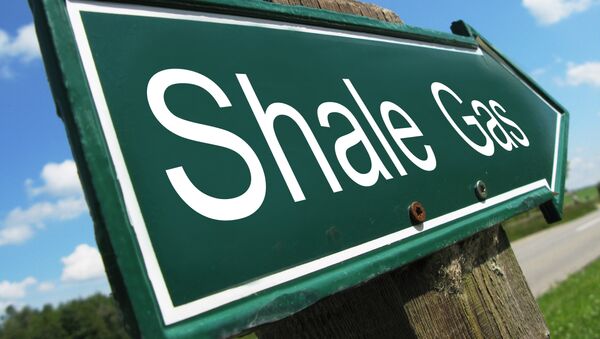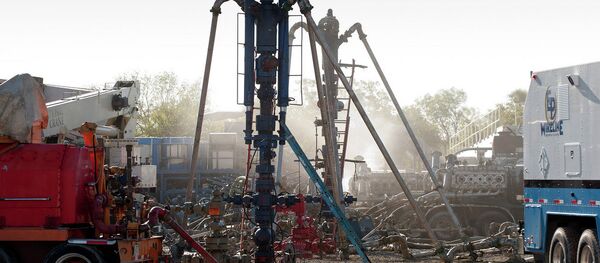"Ineos are once again trying to hold the Scottish government to ransom to try and get their way. Only 10 days ago they [Ineos] welcomed the moratorium as an opportunity to debate the issues around fracking but now they are forecasting doom and gloom – they need to get their story straight," Dixon said.
Speaking at conference in Edinburgh on Tuesday, Ineos Chairman Gary Haywood told the audience of energy experts that the long-term future of the Grangemouth facility depended on the company being allowed to develop the shale industry in the United Kingdom.
The Friends of the Earth Scotland director told Sputnik the country should instead invest in renewable energy.
"Scotland has enormous renewable energy potential and the prize for achieving that will be hugely significant in terms of new technologies, jobs and industries," Dixon said.
"Ineos has a 15 year contract with the US for shale gas, so there is little doubt over the future of the plant for this period. We already know there isn't very much shale gas to be had in Scotland and it's not going to be cheap," Dixon told Sputnik.
He added that Scotland would have a tough enough challenge meeting its ambitious climate targets without supporting more fossil fuel-based energy exploration.
"Scotland already produces seven times more fossil fuels than we need. So, in a country trying to meet tough climate targets we should be concentrating on creating clean green jobs in our growing renewable energy industry," Dixon said.
Ineos declined to respond to questions from Sputnik about their future plans for the refinery, but Ken Cronin, chief executive of the United Kingdom Onshore Oil and Gas (UKOOG) industry representative body, reiterated the need for energy independence.
"Gas is a critical feedstock for the UK's chemical industry, so it is imperative for this country to develop its own indigenous sources of natural gas and avoid becoming overly dependent on foreign imports," Cronin told Sputnik.
Last year's report by the British Geological Survey (BGS) estimated that Scotland's central belt could yield 80 billion cubic feet of shale gas, which it claims would be enough to meet the country's demands for the next 50 years.




